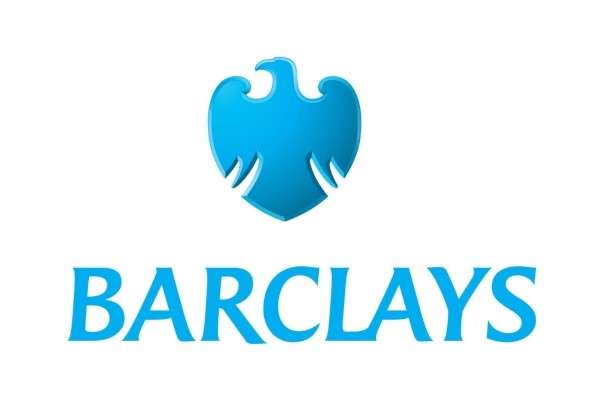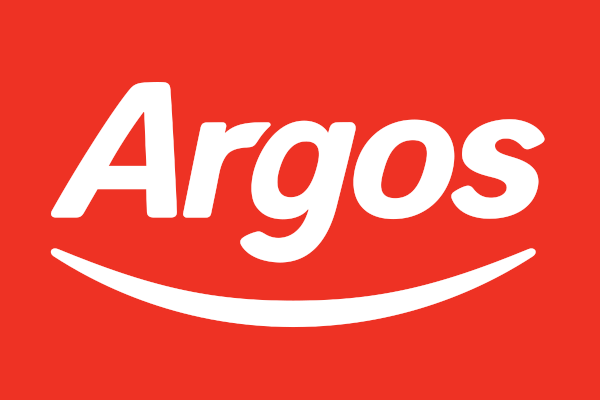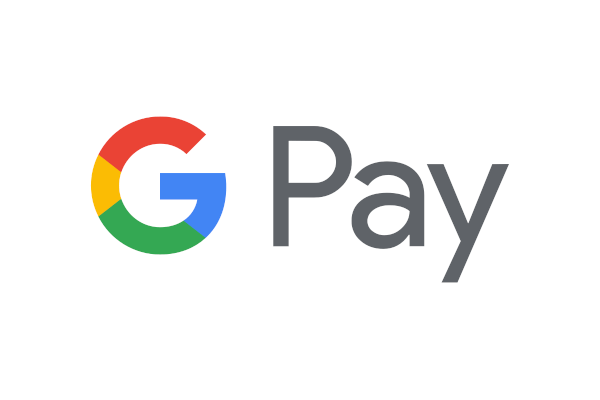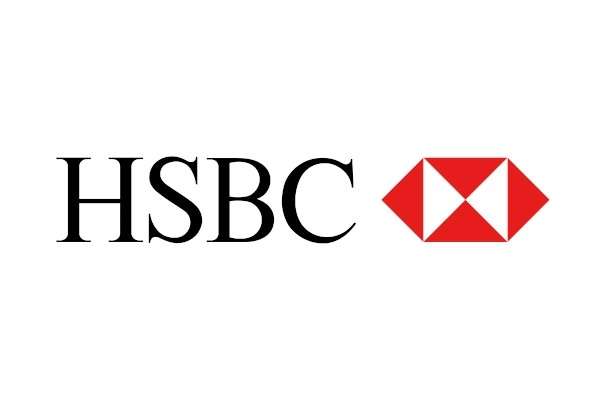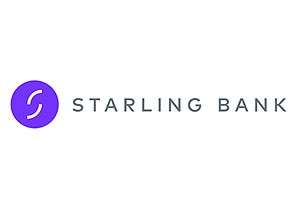
Section 75 – Payment by Cards
Section 75 of the Consumer Credit Act allows you to claim your credit card company to get your money back. Under Section 75a Consumer Credit Act 1974 your credit card company is liable for any breach of contract by the retailer. What this means is that they are also responsible for the supply of specific goods or service as part of section 75 claims so you can put your claim to the credit card company.
When you pay for something costing between £100 and £30,000, you can make a claim against the creditor as well as a claim against the supplier.
Search for a Company to begin a Claim
Section 75 Claims
Firstly, for consumer protection, you have the same rights against the supplier and the debtholder under section 75 although it will not apply if the lender is also the supplier.
The value of the goods or services that you are buying is key rather than the amount paid on your credit card. The credit card company is still liable even if you did not pay more than £100 so long as you were paying part of the amount like a deposit for instance.
You could make section 75 claims if it were for the cost of repairing an item, but if you bought two things that were both less than £100, the credit card company would not be liable as section 75 would not apply.
It is also important to remember that section 75 claims can apply to transactions made abroad and you can claim if an account is closed.
If the item bought was under £100 then you may still be covered by chargeback. For a full explanation of chargeback, please see below.
What is Chargeback and how does it work?
Chargeback is a return of funds to you if there is a dispute with the credit card transaction made. This can be if the goods have not been delivered or are damaged.
It works by the bank withdrawing funds, usually from the retailer, and putting them straight back into your account. The recipient can dispute chargeback schemes if they can prove that the chargeback was not necessary. Unlike Section 75, chargeback is not law, but it is part of something called Scheme Rules, which all banks adhere to.
Chargeback is relevant and useful where Section 75 does not apply, which is typically when the cost of goods or services was under £100. However, there is no guarantee that your bank will be able to get you the money through chargeback because the supplier may not believe that you were justified in getting a chargeback.
Chargeback Conditions
To get money back through chargeback, you should have evidence that there has been a breach of contract. Also, note that there is a period of 120 days from the date of the transaction until you are no longer able to claim a chargeback. For this reason, it is essential to contact your bank immediately when you see a problem
This is not always the case all of the time as the period for getting chargeback could be longer than 120 days in some circumstances. You should always contact your bank if you are not sure.
Chargeback schemes can also be useful if you made a transaction with prepaid cards, mainly because Section 75 does not apply to them. Section 75 applies only to credit.
Third Party Payments
Section 75a Consumer Credit Act does not apply if a business takes payment acts as an agent for the supplier. If this is the case, you would not be able to claim against your credit card company.
Purchasing tickets for a music concert. If you buy tickets to see your favorite band directly through the website where they are performing, then section 75 claims apply. However, if it is through a third party ticket agency, then section 75 does not apply.
The reason for this is because your credit card company can argue that payment was not made to the supply of specific goods, meaning that Section 75a Consumer Credit Act does not apply.
It is therefore good policy to make any payment with credit cards directly to the company that supplies the specific goods or service.
Payments through PayPal
If your funds go directly to the seller after you’ve used your credit card through PayPal, then you may be able to make a claim against your credit card company under section 75. However, this all depends on whether the company from which you have bought has a ‘Commercial Entity Agreement’ with PayPal.
It is suggested that a third party such as PayPal being involved in a transaction takes away the possibility of Section 75 claims. To ensure that Section 75 applies to your transaction it is important to pay the supplier directly with your card whenever you have the opportunity.
What if there is more than one Cardholder?
It is the best policy to get the primary cardholder to make any significant purchases rather than you using the extra card if you are not the primary cardholder. This does not mean that purchases made by your will never be covered under Section 75 of the Consumer Credit Act but, to be sure, the primary cardholder should make the major purchases on your credit cards.
However, section 75 applies if the purchase is made with the primary card holder’s authority. A usual circumstance where this is the case is when booking a family holiday.
Using Credit Card for Cash Withdrawals
Section 75 of the Consumer Credit Act does not apply if you use your credit card to withdraw cash for a purchase. This is because there is no link between the credit card company and the retailer meaning that you cannot make a claim to the supplier or against the creditor.
Financial Ombudsman Service
There is no amount of time for your credit card company to sort out a chargeback or a Section 75 claim. However, it is still possible to complain to your provider if you have any issues that you are not happy with. They then must deal with your complaint in eight weeks.
If your credit card company does not accept or believe that you have a valid claim, then you can take up the issue with the Financial Ombudsman Service by asking for a letter of deadlock. This letter of deadlock will not be required if more than eight weeks have passed since you submitted your section 75 claim to your credit card company.
It is also possible to approach the Financial Ombudsman Service before the eight week period is over as long as your provider is happy for you to do so.
What is covered by the Consumer Credit Act?
The Consumer Credit Act of 1974 regulates consumer credit in the United Kingdom. The legislation covers many areas, and there are many conditions in subsection 75a which have already been included above.
The Consumer Credit Act of 195 covers credit advertising, the content of credit agreements, the information that should be provided by entering a credit agreement and the method of calculating APR. It also covers the procedures that relate to the events of default, cessation and early settlement along with additional purchases with your credit cards under section 75 that have already been discussed.
It is vitally important that a creditor assesses your creditworthiness before you increase the amount of credit or even granting the credit you have. This must be based on information that they have obtained from a credit reference agency as well as from information that you have provided yourself.
However, not only do you have to provide information, but you should also be provided with specific information before an agreement is made. This must include the nature of the contract and who the creditor is. Financial information will also need to be provided to you such as the credit limit, the type of credit, how long the agreement will take place, the total amount that needs to be paid and the timings of each payment.
A document called a ‘Pre-Contract Information’ must contain all the information which has been described above. This must come separately to the actual credit agreement itself. Both you and the credit card company must sign the agreement, and a copy must be given to you during the date of signing or at a maximum of a week after that date, if not then it is a breach of contract.
Credit agreements
If you enter a credit agreement at a distance, which usually means online or on the phone, the Financial Services Regulations apply. Under these regulations, specific information needs to be provided by you and the creditor before you are bound by the contract.
This information is the name and address of the creditor, the total price payable for the credit, the arrangements for the payment, a detailed description of the credit agreement and any withdrawal information.
Cooling Off Periods
You have the right to cancel your credit agreement within the cooling off period if you sign a credit agreement off trade premises. A typical example of this would be at a temporary marketing display stand.
If this does occur then notice of your rights as part of the cancellation must be included in the credit agreement copy and sent within one week. After that, you have a period of five days to cancel.
Cancelling the credit agreement within the cooling off period means that the loan company must return any goods that you have received. The loan company must also repay all sums which you have paid. This is because any linked transactions to the credit agreement are treated as if the credit agreement was never entered into.
Items over £30,000
As stated at the start of this page, if the goods or service you are buying cost more than £30,000 them Section 75 of the Consumer Credit Act will not apply.
However, you may have protection under Section 75a Consumer Credit Act. This can be the case if the price of the goods or service is over £30,000 and the amount of credit the seller has arranged is no more than £60,260.
If something does not go to plan then the credit provider could be in breach of contract as long as:
The credit provider could be in breach of contract if something does not go to plan as long as you have contacted the seller but they’ve failed to respond, or you cannot trace the seller. They could also be in breach of contract if they as a seller have become insolvent and that you have taken all the necessary steps to pursue the supplier but have not obtained satisfaction by their response.
Importantly, if you have accepted a replacement or compensation that the supplier has offered to you, then you will be unable to claim under Section 75A Consumer Credit Act.
Related Information
Narrow down your search by choosing one of the sub-categories below:
Quick Complaint Form
All companies in this category


